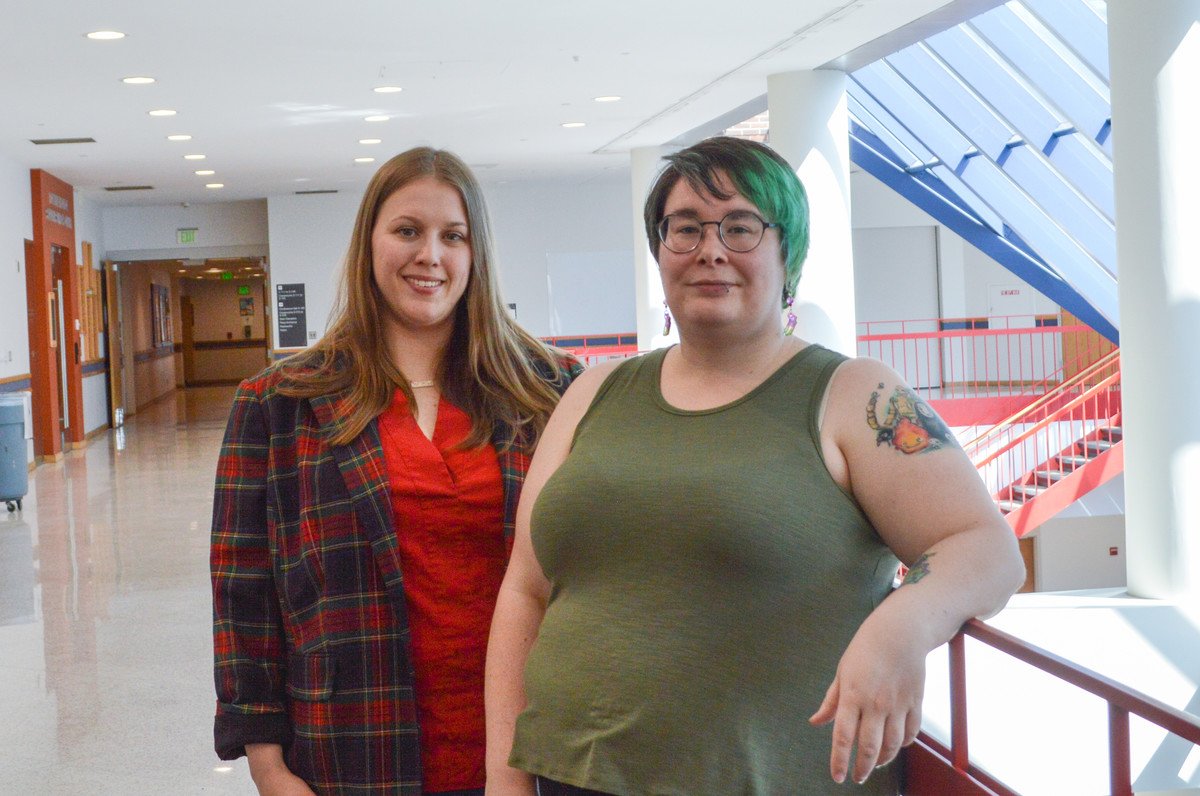CS&E’s Stevie Chancellor and Ashlee Milton Lead First-of-its-kind TikTok Study

Department of Computer Science & Engineering assistant professor Stevie Chancellor and Ph.D. student Ashlee Milton led a breaking TikTok study. Their work has been featured by multiple media outlets, including WCCO, KARE-11, and the Star Tribune. The team’s study will be published at the Association for Computing Machinery’s (ACM) Conference on Human Factors in Computing Systems, April 23-28.
The study is designed to pinpoint the true effects the one-of-a-kind social media platform has on its viewers. While many enjoy TikTok’s ability to produce fun, creative content, others are skeptical of its harmful effects on the viewers’ mental health.
“TikTok is misunderstood by people who don't use the platform,” Chancellor said. “Our research shows that TikTok helps people find community and mental health information. But, people should also be mindful of its algorithm, how it works, and when the system is providing them things that are harmful to their wellbeing.”
Chancellor and Milton made some very impactful conclusions about the negative effects TikTok has on viewers’ mental health. TikTok is a social media platform designed to continuously show its viewers content that is similar to previously liked content. While this might seem like a positive trait, there is no capstone on the content given. This content can be harmful and triggering to some leading to even more harmful effects.
“TikTok is a huge platform for mental health content,” Milton said. “People tend to gravitate toward social media to find information and other people who are going through similar situations. But at some point, because of the way the feed works, it’s just going to keep giving you more and more of the same content. And that’s when it can go from being helpful to being distressing and triggering.”
In the study, Chancellor and Milton found that distressing content can help TikTok creators boost simply viewers and user interaction, making it difficult to avoid. Moving forward, the research team hopes to separate the good from the bad on social media platforms like TikTok.
“Ashlee and I are interested in how platforms may promote harmful behaviors to a person so that eventually, we can design strategies to mitigate those bad outcomes,” Chancellor said. “The first step in this process is interviewing people to make sure we understand their experiences on TikTok. We need insights from people before we as computer scientists go in and design to fix this problem.”
Read more on Chancellor and Milton’s work on the College of Science and Engineering's website, as well as their original paper, “I See Me Here’: Mental Health Content, Community, and Algorithmic Curation on TikTok".